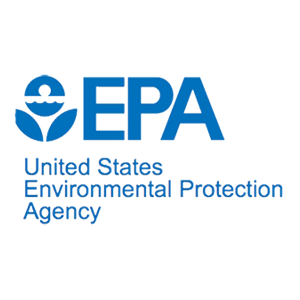California regulators have withdrawn a proposed state implementation plan (SIP) for fine particulate matter (PM2.5) after EPA, for the first time, threatened disapproval because it allegedly violated the Civil Rights Act, but are also strongly criticizing EPA for failing to provide guidance for how SIPs can demonstrate compliance with the law’s nondiscrimination requirements.
The friction highlights the state pushback EPA is facing as it seeks to elevate environmental justice (EJ) and civil rights considerations into all decision making, even as it has delayed developing guidance to states.
“If U.S. EPA’s proposed disapproval is finalized, it is unclear how a number of issues newly interpreted by U.S. EPA are to be adequately addressed, and the San Joaquin Valley is at risk of exposure to Clean Air Act sanctions,” the San Joaquin Valley Air Pollution Control District writes in an Oct. 27 letter to EPA Region 9 Administrator Martha Guzman. “Many other states and regions throughout the nation are also at risk of facing these consequences given the precedential nature of EPA’s proposed action.”
The district urges EPA to “provide timely guidance to assist the San Joaquin Valley and other regions address a number of evolving SIP requirements,” and cites the “significant example” of EPA directing the California Air Resources Board (CARB) and the district “to provide assurances that the SIP complies with Title VI despite the fact that U.S. EPA has not provided any states with guidance on how to effectively address this matter in SIPs.”
CARB says in a separate Oct. 27 letter that it “anticipates that addressing Title VI will require significant resources state-wide, and thus requests U.S. EPA’s assistance in securing the funding necessary to effectively implement Title VI requirements state-wide and across programs.”


